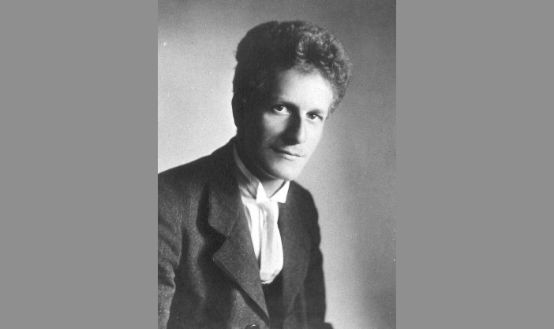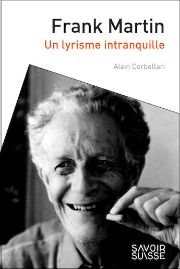A human music
A recently published monograph presents Frank Martin and his work in a new light.

Concise yet rich, Alain Corbellari's book, published in the paperback collection Savoir Suissepublished by Presses polytechniques et universitaires romandes, presents an image of Frank Martin that is far removed from the clichés that too often portray him as an austere Calvinist. In 14 chapters, we discover the different facets of a sensitive personality, full of life and humor, mixing biographical indications and a few anecdotes with an easily accessible description of his most notable works, grouped by themes such as the influence of various popular musics, such as jazz or flamenco, or his interest in the Middle Ages - which inspired him, among other things, to use the homorhythmic bicinium - and his literature, which was readily solicited for several of his compositions. An entire chapter is devoted to Eight Preludes for piano, written for Dinu Lipatti, who died before being able to play them, in which the main elements of his personal and recognizable style are condensed. The musicologist, who is also a composer himself, also emphasizes the profound humanity of the language used by the author of the Petite Symphonie concertantewho only reached maturity in his fifties. He perceptively characterizes his expressive, passionate and vehement music, lyrical and often dramatic in essence, where one or more voices routinely escape from the sound mass and are confronted by the collectivity, as well as his sense of rhythm and rhetoric, not to mention his success in combining undogmatic dodecaphonism with a free, fluidly modulating tonal impression, with harmonies frequently based on perfect chords used in a non-functional way. Rather than become a kind of official figure, Martin had the prudent foresight to move to a secluded spot, the better to achieve the tranquility necessary for his work.
Alain Corbellari: Frank Martin - Un lyrisme intranquille, Collection Savoir suisse, 168 p., Fr. 17.50, EPFL Press, Lausanne 2021, ISBN 978-2-889154128









